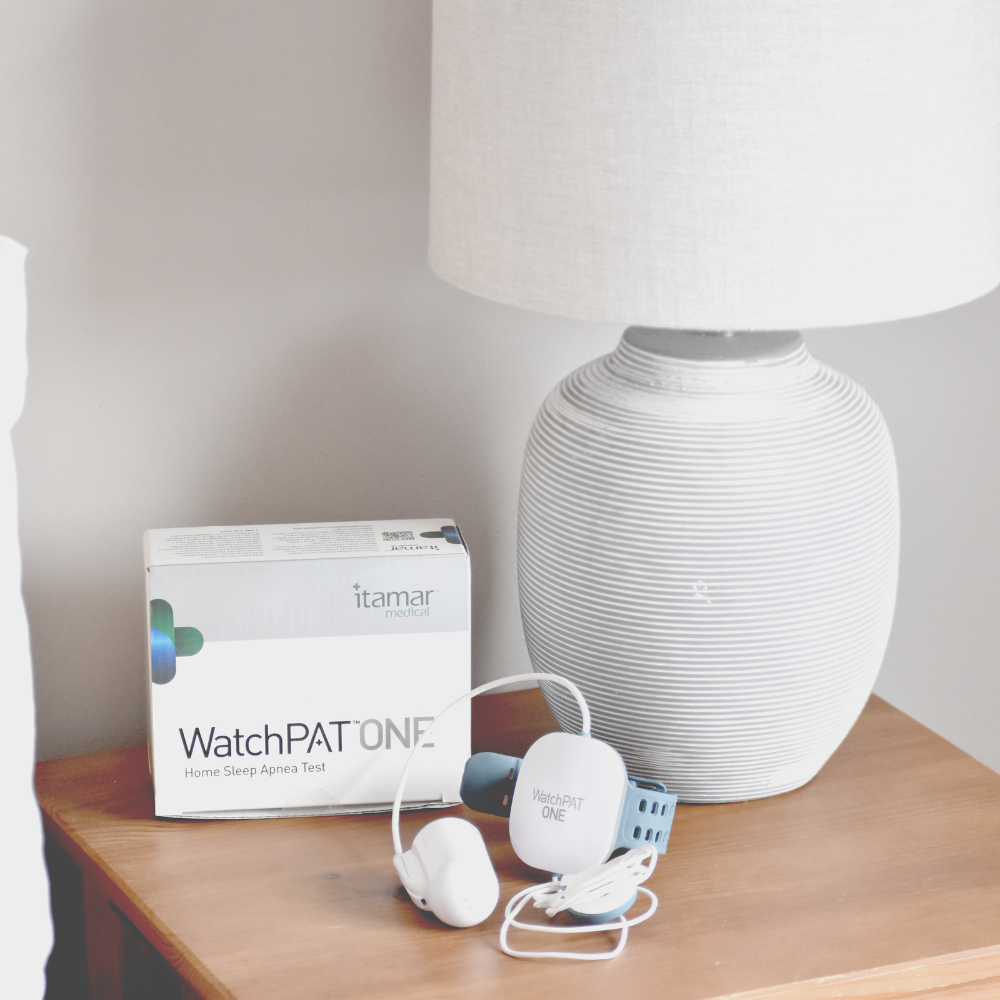Fact Checked
Intus Healthcare’s writers, customer service team, and sleep experts review and ensure this information is accurate.
Last updated on March 28th, 2025 at 02:26 pm
Sleep is a fundamental requirement for the proper functioning of most species. Sleeping has been an evolutionary trait for millions of years, so there is no doubt that it serves a crucial role.
Many of us recognize that this period of rest is necessary for the body’s self-repair and the elimination of potential toxins. Scientists continue to investigate the importance of sleep as a behaviour, which leads us to a few important questions.
What are the other benefits of sleep for brain function? What about those diagnosed with sleep-related disorders such as Obstructive Sleep Apnoea (OSA)?
Let us look closer at how sleep directly impacts brain function and explore its other benefits.
Table of Contents
How Your Brain Benefits From Sleep
Memory Consolidation: Sleep, particularly during REM (Rapid Eye Movement) and SWS (Slow-Wave Sleep) stages, is essential for memory consolidation. This process involves the transfer of information from short-term memory in the hippocampus to long-term memory in the neocortex. Disruption in this process can lead to memory deficits, as seen in conditions like anterograde amnesia.
Synaptic Pruning: During sleep, the brain undergoes synaptic pruning, a process vital for neural plasticity and optimizing cognitive function. Synaptic pruning is a process that helps eliminate weaker or redundant synaptic connections. Neural plasticity refers to the brain’s ability to reorganize itself by forming new neural connections and adjusting existing ones throughout life.
Emotional Regulation: Sleep contributes to emotional regulation by facilitating the processing of emotional experiences. This is partly mediated by the prefrontal cortex’s influence over the amygdala. Sleep disturbances are associated with mood disorders such as depression and anxiety, highlighting the clinical significance of sleep in emotional well-being.
Toxin Clearance (Glymphatic System): The glymphatic system, proposed by the research, becomes more active during sleep, aiding in the clearance of waste products like beta-amyloid, implicated in Alzheimer’s disease. The failure of this system has potential clinical implications for neurodegenerative diseases.
Neuroplasticity: Sleep is crucial for neuroplasticity, the brain’s ability to reorganize itself in response to experience. The brain forms and strengthens synaptic connections during sleep, playing a significant role in recovery from brain injuries and rehabilitation therapies.
Brain Repair and Growth: Sleep, particularly deep sleep, supports the release of growth hormone and facilitates brain cell repair and growth.
Energy Conservation: Sleep serves as a period of energy conservation, allowing the brain to restore glycogen stores and decrease energy expenditure. In conditions such as narcolepsy or insomnia, the brain’s energy regulation may be impaired, leading to severe disruptions in sleep-wake patterns.
Stress Reduction: Adequate sleep helps regulate stress hormones, including cortisol. Sleep deprivation can lead to heightened stress responses and has clinical relevance in stress-related disorders such as post-traumatic stress disorder (PTSD).
Creativity and Problem Solving: Sleep contributes to creative thinking and problem-solving by facilitating the recombination of information. Disruptions in sleep patterns, as seen in conditions like sleep apnoea, can impair cognitive flexibility and creativity.
Overall Brain Health: Chronic sleep deprivation is associated with an increased risk of various neurological and psychological disorders, including Alzheimer’s disease and psychiatric conditions like major depressive disorder. Addressing sleep disturbances is often a crucial component of managing these clinical conditions.
Hormone Production: Sleep regulates hormones like melatonin, which helps control the sleep-wake cycle. Disrupted sleep can lead to irregular melatonin production, potentially affecting the body’s ability to maintain a healthy sleep pattern. Hormones that benefit from sleep include:
- Cortisol
- Insulin
- Leptin
- Growth
- Melatonin
- Reproductive
- Thyroid
Long-term benefits of sleep
Restful and restorative sleep is crucial for overall well-being and can significantly reduce the risk of various diseases and health conditions. Here are some of the diseases and health issues that healthy sleep patterns can help prevent:
- Heart Disease
- Type 2 Diabetes
- Gastrointestinal Disorders
- Hypotension
- Alzheimer’s and dementia
How Much Sleep Does the Average Individual Require?
The answer depends upon various factors such as age and activity levels. Here are some general guidelines from the medical community:
- 6 and 13 years: Between 9 and 11 hours.
- 18 to 64 years: Between 7 and 9 hours.
- 65+ years: Between 7 and 8 hours.
Based on this information, it is a wise to consult a specialist if you suspect you are not sleeping as much as you should. You may find yourself constantly tired and this is could be associated with the presence of a sleep disorders.
Related topic: The surprising side effects of oversleeping
Anyone struggling with their sleep could suffer from a sleep disorder and should seek medical advice. Sleep Apnoea is one of the most common disorders, and various treatment options are available, including the overnight use of a Continuous Positive Airway Pressure (CPAP) machine.
Not only will you be able to obtain a good night’s rest, but you can remain confident in the knowing that your brain is performing at its best.
Sleeping is one of the fundamental human states, and although we may live in a hectic world, there is simply no substitute for obtaining the rest you deserve. To determine if you have Sleep Apnoea, take our simple home sleep test.

Home Sleep Apnoea Test
The test monitors your heart rate, snoring intensity, blood oxygen levels, body positioning, and more, providing accuracy comparable to testing used in sleep clinics for in-depth sleep analysis.
The simple-to-use test takes just one night to complete, and results are returned within two working days after completion.
Our experienced NHS-qualified sleep professionals independently analyse all studies, providing follow-up advice and support.
About Our Editorial Team
Danni is a degree-educated content writer passionate about helping those with Sleep Apnoea sleep better; she works closely with our clinical and customer care teams to ensure that each article is thoroughly researched and accurate.
Her writing aims to inform, support, and advise readers about Sleep Apnoea, helping to raise awareness and promote effective treatment options.
She has written many health-focused articles, reaching hundreds of readers annually, to help people sleep better and live healthier lives.
Lateisha King is an experienced Sleep Clinician with advanced training in polysomnography and respiratory health.
With over six years of experience, including at the prestigious Guy’s and St Thomas’ NHS Foundation Trust Hospital, she has conducted and reviewed more than 500 diagnostic sleep studies.
Her expertise in sleep science ensures that all articles align with the latest data and treatment protocols, providing readers with trustworthy and practical advice to improve their sleep health and overall well-being.





